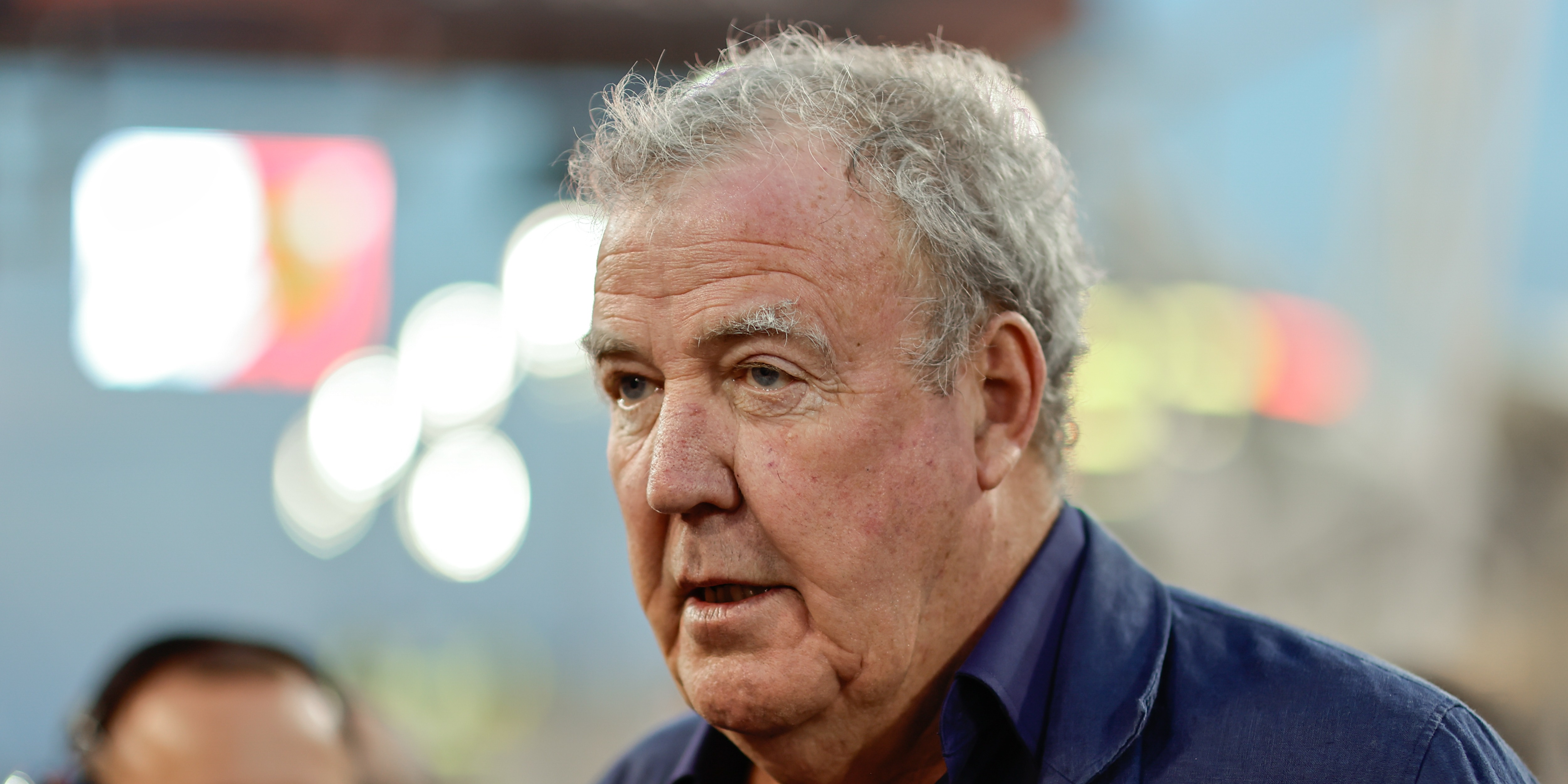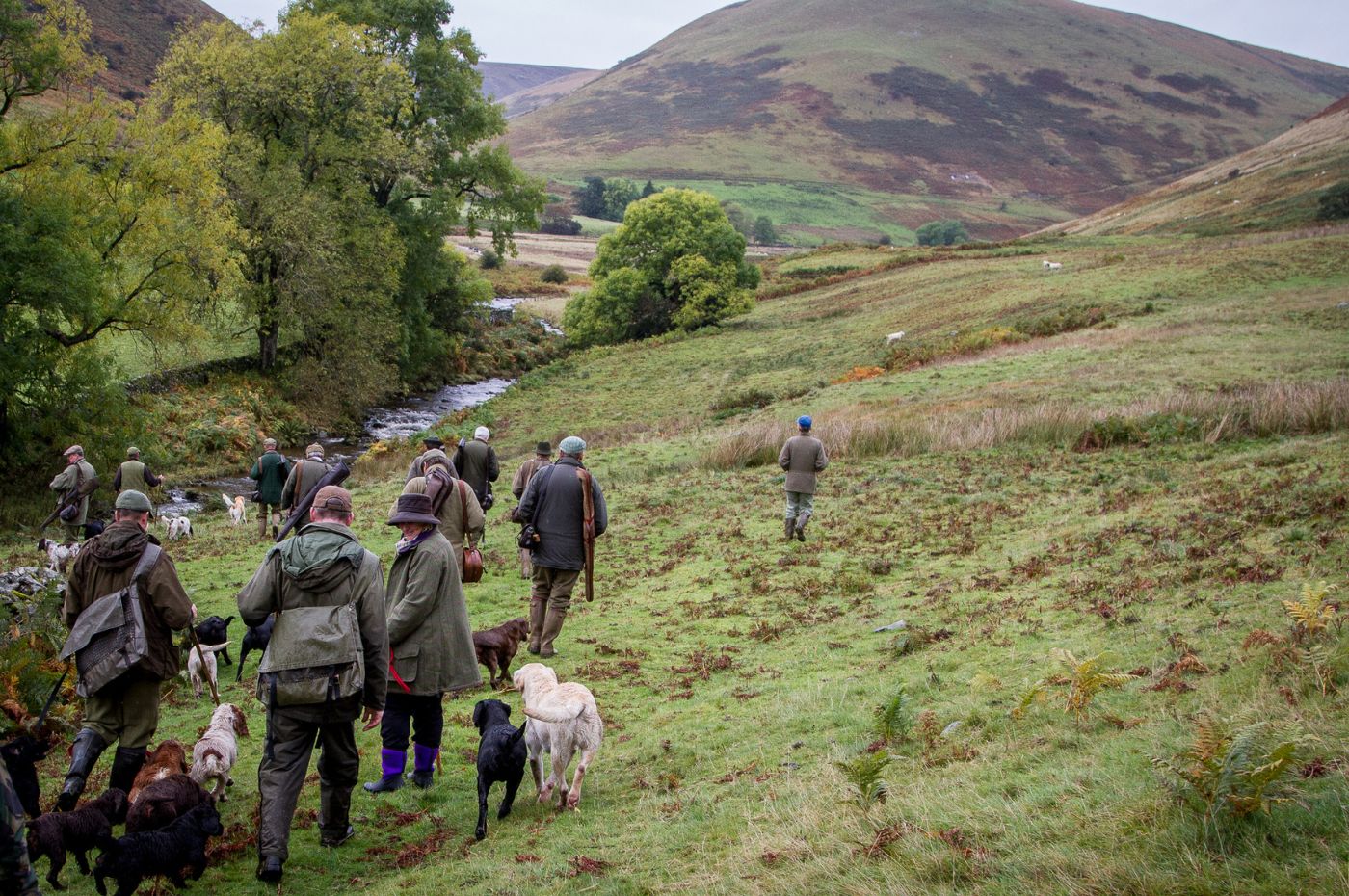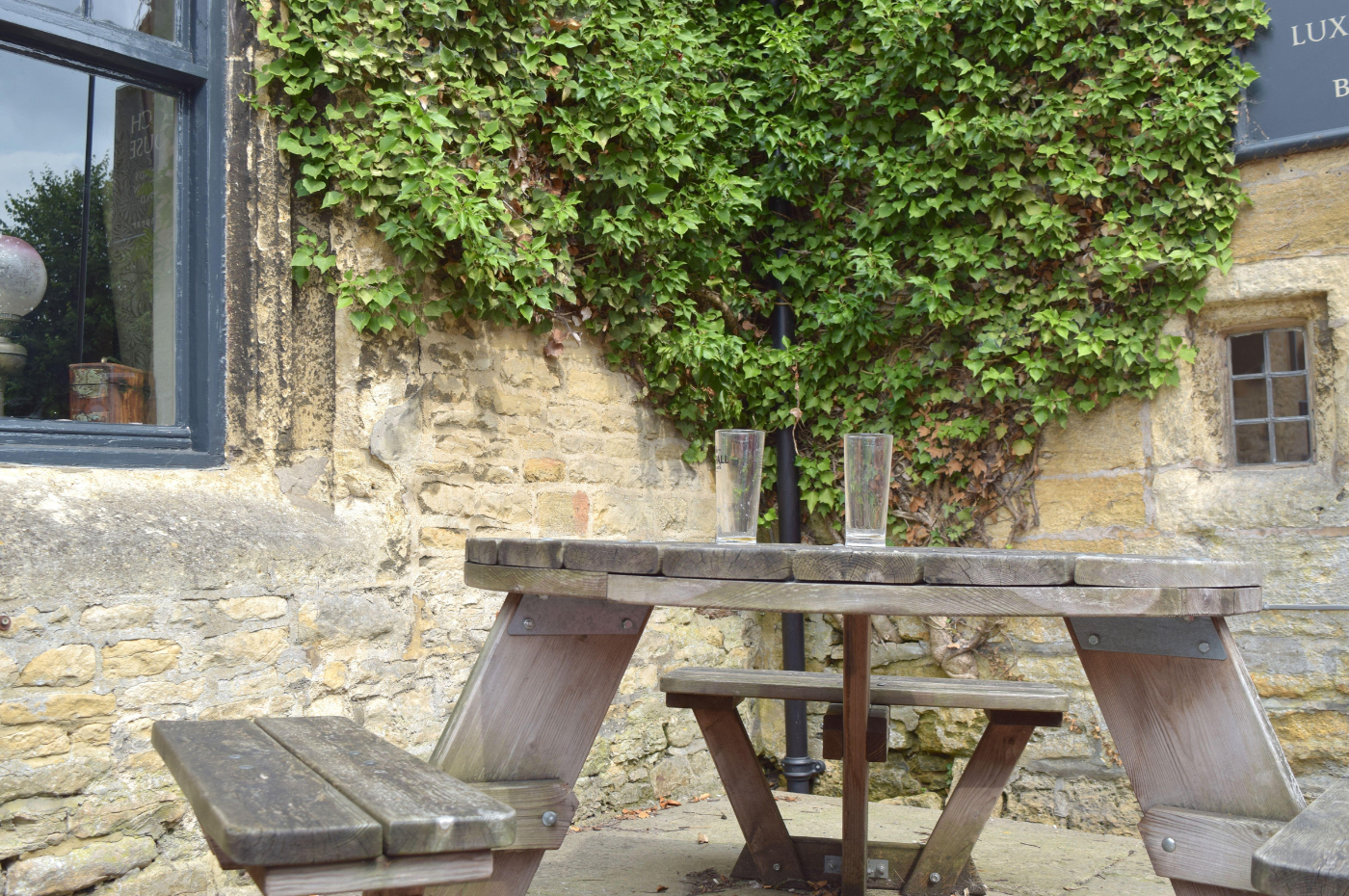Tim Bonner: Is the government in retreat on shotgun licensing?
In the current political climate making predictions is a dangerous business,...
View Details
I’m sure I wasn’t alone last weekend in unashamedly devouring every available episode of the latest season of Clarkson’s Farm. The ups and downs, the cockups, the laughs and occasional tears make for gripping television. The show has captured the reality of farming and rural life in a way the BBC and its army of producers have rarely ever achieved.
The new season has already shone a light on several important issues causing considerable grief in the countryside. First, Jeremy Clarkson is dismayed to find his local abattoir has shut down, and that he will have to pay a fortune to have his animals travel a much longer distance to be slaughtered. As he worryingly explains, by 2030, all small abattoirs will likely close their doors. Aside from the important benefit to animal welfare, local slaughter also allows for added product value to be retained within local economies.
As Mr Clarkson sets about broadening his Cotswolds empire in the hunt for a suitable public house, attention is turned to the shocking plight of rural pubs. Some 300 pubs closed across England and Wales in 2024 - an equivalent of six a week - according to latest figures from the British Beer and Pub Association. As the show discusses, countryside pubs serve a purpose far beyond stocking Diddly Squat Farm produce and Hawksmoor beer: they are on the front line of fighting back against loneliness, providing a haven for those, especially farmers, looking for someone to simply talk to.
The important subject of loneliness features again during a poignant scene with young farmer Harriet Cowan, who is brought in to temporarily cover for Kaleb Cooper while he tours the country after taking a rare adventure outside Chipping Norton. In a car journey, the pair discuss how Ms Cowan knows of young farmers who have taken their own lives. She straightforwardly explains that many suffer from isolation, exacerbated by excess levels of work and a lack of time to see friends coupled with having little money.
These three issues can be told by many, but it is that direct lived experience so elegantly communicated by Clarkson and his team that makes the impact seem so real, so human.
It got me thinking about the significance of some polling released last week by Future Countryside which explored the attitudes of Gen-Z towards the countryside. The poll asked those born between 2005-2012 their views on a wide range of issues. Of particular interest to me was the discovery that young adults view farmers as the ‘best champions’ of the countryside, well ahead of environmental activists and politicians.
Giving Extinction Rebellion further cause to pearl clutch was the revelation that Clarkson also ranked considerably higher than other celebrities as being best placed to represent the British countryside, far above Chris Packham. Clarkson, who scored second only to Sir David Attenborough, had further reason to celebrate, with his show scoring higher than more established, older countryside programmes including Countryfile and Springwatch.
Perhaps it is the cynic in me that thought these responses so surprising. Clarkson can be controversial and he seldom pulls any punches; his hefty collection of newspaper opinion columns suggest he has very little time for treading carefully, often resulting in him coming under fire for comments about numerous other public personalities.
I assumed that in this era of cancel-culture, young people would naturally approach him with caution. The reality, however, is they are fully embracing him.
This offers some hope for those of us who see a future of rural broadcasting beyond the chocolate box image so often portrayed by the existing set of programmes. A future that balances nature and the environment with food production and effective countryside management. And one featuring more presenters with calloused hands, muddy boots, who work, live and breathe the countryside we know and love.

In the current political climate making predictions is a dangerous business,...
View Details
Ten thousand tonnes of rubbish tower over Oxfordshire countryside near...
View Details
Since the Budget, countryside pubs and businesses saw rate bills soar - and...
View Details